Big Green Pocketbook
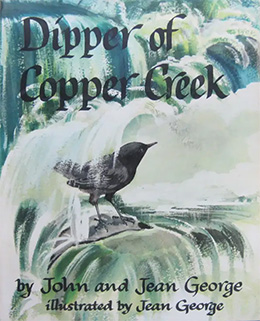
The Legacy of Jean Craighead George
Jean Craighead George … To me, she led an amazingly rich life. She gave me a book I truly loved and set me on the path to learn about nature.
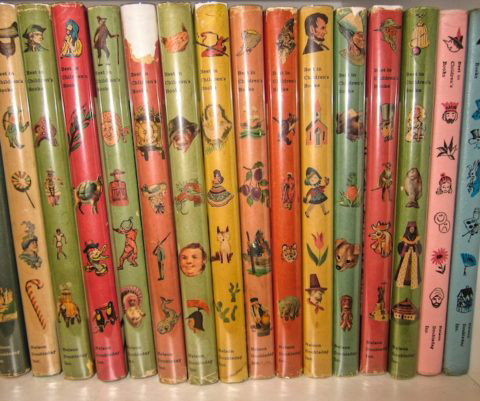
I Once Had My Own Literacy Program
As I tied the ribbon into a bow, I remembered that many years ago I launched my own “books in the classroom, books in the home” literacy program.
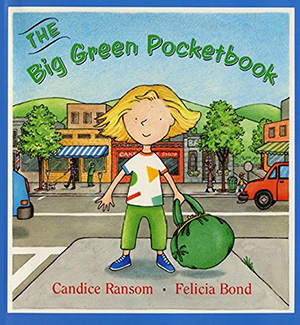
Searching for the Real Story in
The Big Green Pocketbook
So many children and adults wonder about the real story behind a book. Author Candice Ransom shares her deeply personal story behind her classic picturebook.
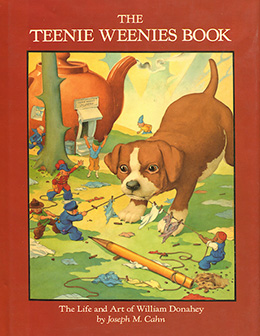
Green Tiger Press, Part Two
A fascinating look at Green Tiger Press, children’s book illustration, unique books. Co-owner Harold Darling said, “[Like peddlers] we sell baubles, memories and fabric for dreams. Our preference for both story and image is for the romantic, the dreamlike, or the visionary. We strive for perfection.” Enjoy Candice Ransom’s essay, remembering that perfection.
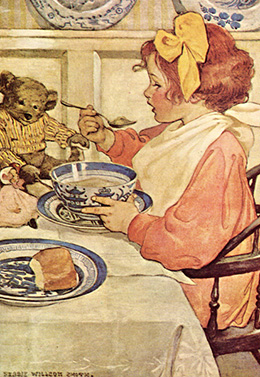
Green Tiger Press, Part One
In the early 1980s, there was a resurgence of illustrated folk and fairy tales featuring such Golden Age illustrators as Arthur Rackham, W. Heath Robinson, Kay Nielsen, and Jessie Willcox Smith.
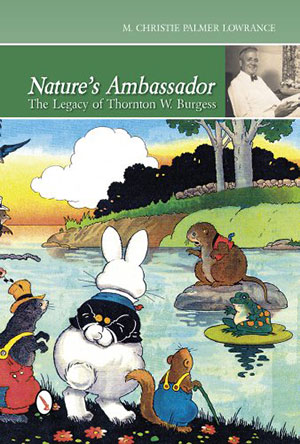
Reading through Troubled Times
I pulled off the shelf a one-hundred-year-old edition of The Burgess Animal Book for Children by Thornton W. Burgess and took it to bed. The rolled edges of the worn binding felt reassuring in my hands, the thick rag pages soft and gently foxed. Why turn to an ancient children’s book?
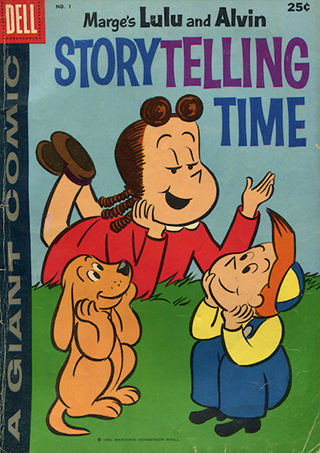
Little Lulu Gave Me Fairy Tales
Many children were once introduced to fairy tales by Andrew Lang’s books or the complete stories of Grimm or Anderson. Yet I was steeped in fairy tales through Little Lulu comic books.
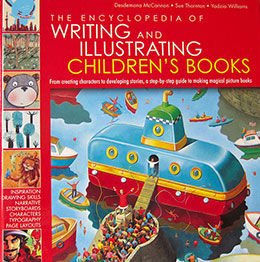
Starting Over … Sort Of
This year — after more than 40 years as a fulltime writer of books for children — I feel the need to start over. What went wrong in my career? It’s a long list, I’m afraid
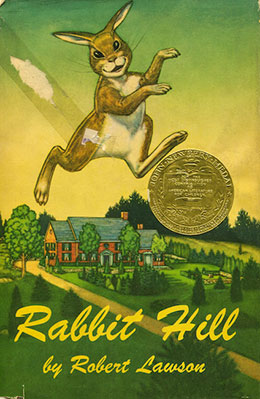
Robert Lawson Gave Me Animals
Is there anything finer than a middle grade book with interior art? Yes, a middle grade book about woodland animals with excellent interior art.
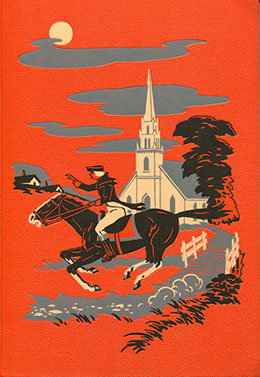
A Lust for Endpapers
They say don’t judge a book by its cover but watch out for enticing endpapers! I discovered the lure of endpapers as a kid leafing through my cousin’s Childcraft series.
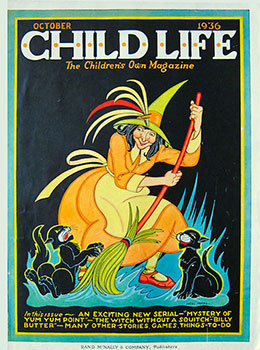
Magazine Parade
In which Candice F. Ransom takes a look at American children’s magazines from 1789 to today.
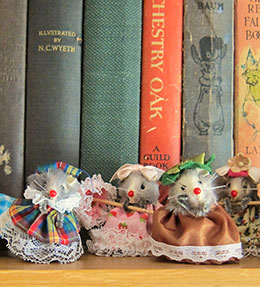
When I Was a Wild Pony
The title of this essay comes from a dream I had last night, its memory and meaning caught between mysterious dreamtime and awakening in this harsh end-of-summer world. I was never a wild pony.
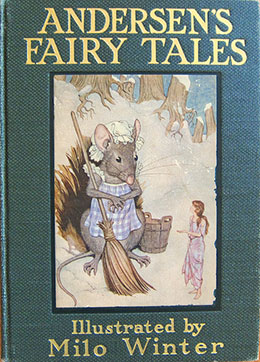
Borrowed Sparkle
I sat on a rusted swing hung from an I beam in our basement with a heavy book on my lap. I was ten and lonely because my only sister had left home a year earlier.
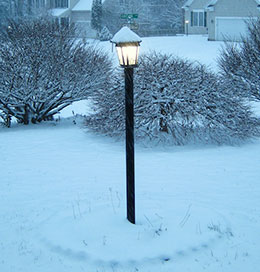
Waiting for Mr. Tumnus
Long ago, on windy, wintry nights, I’d look out the window by my bed as trees shifted for a glimpse of a light deep in the woods. The yellow light — on and off as the wind tossed — kept me up late, wondering. We had no neighbors on the other side of our woods.
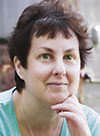
My Journey with Margaret Wise Brown
How long does it take to write and have a nonfiction picture book published? A few years? Five? How about nineteen?
